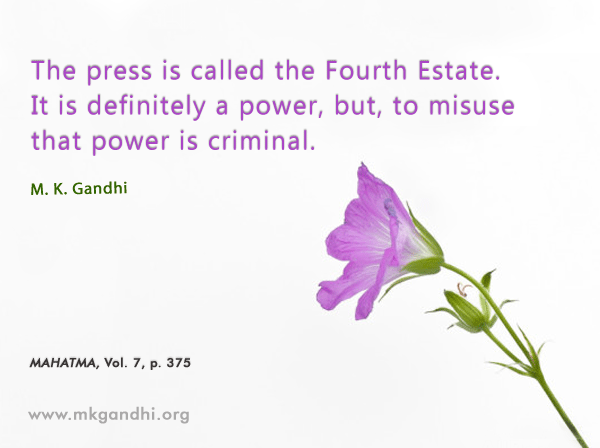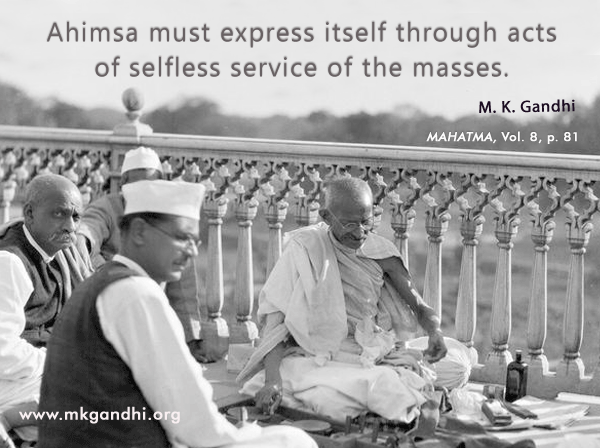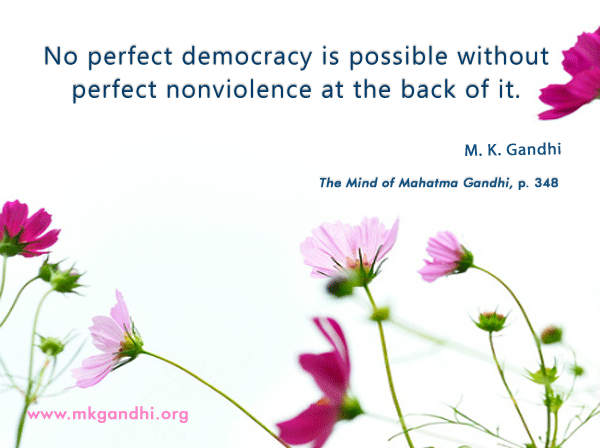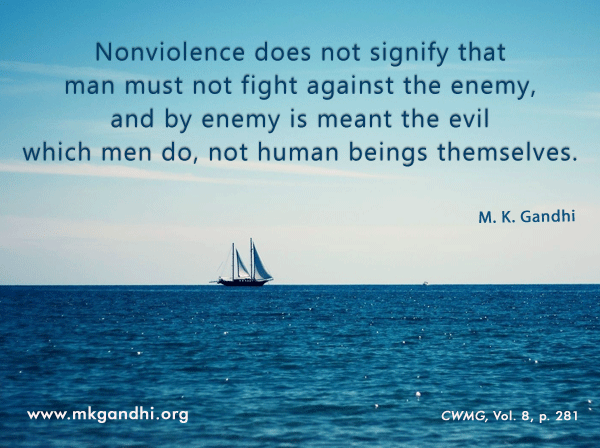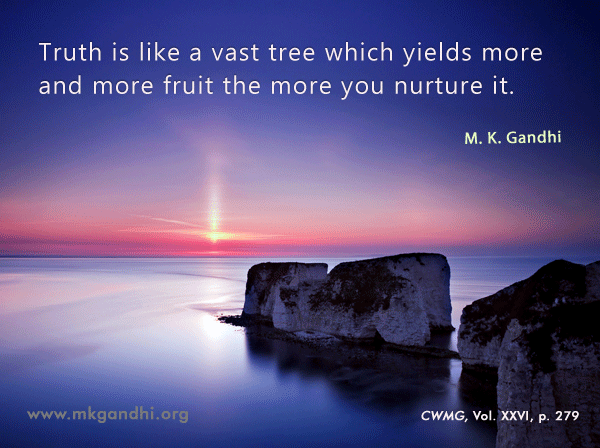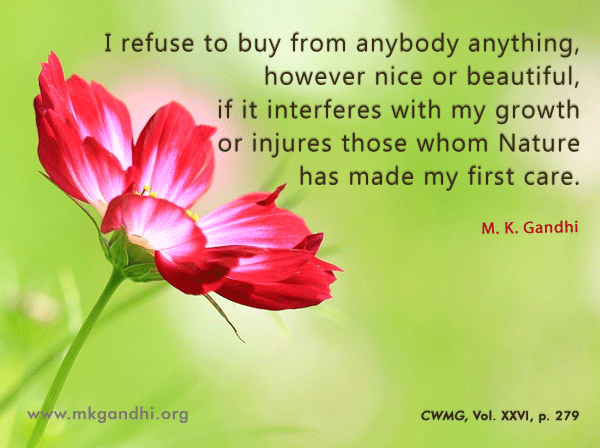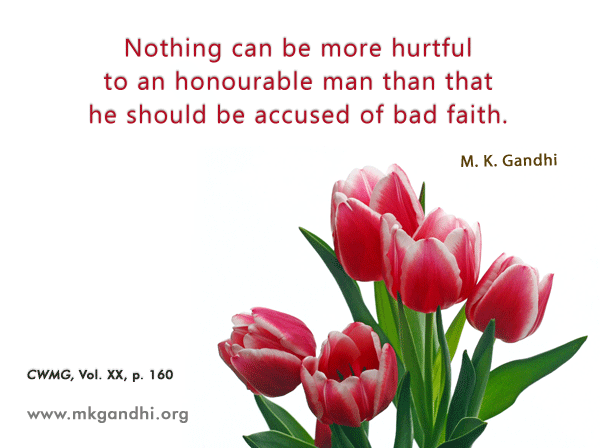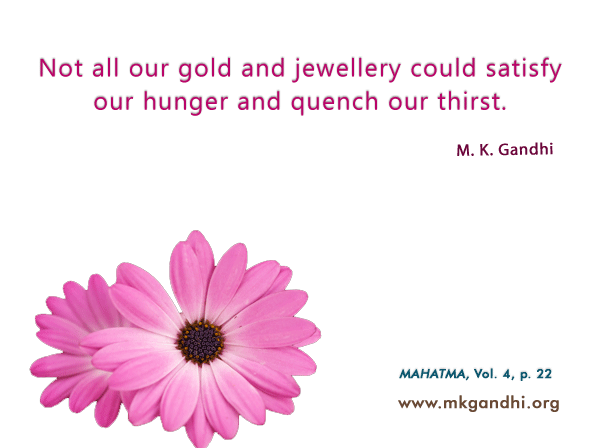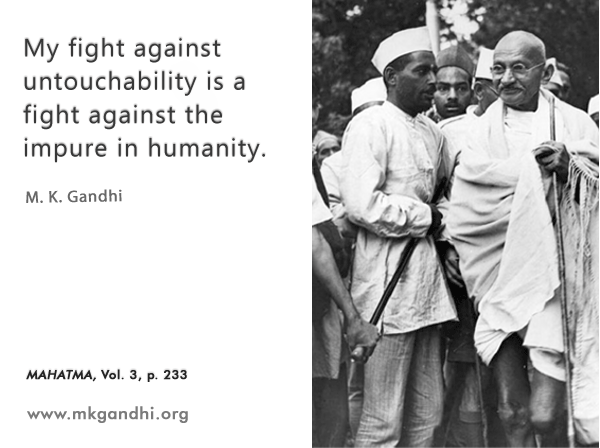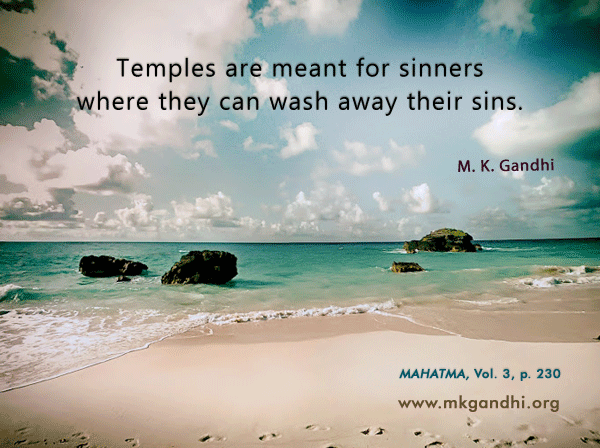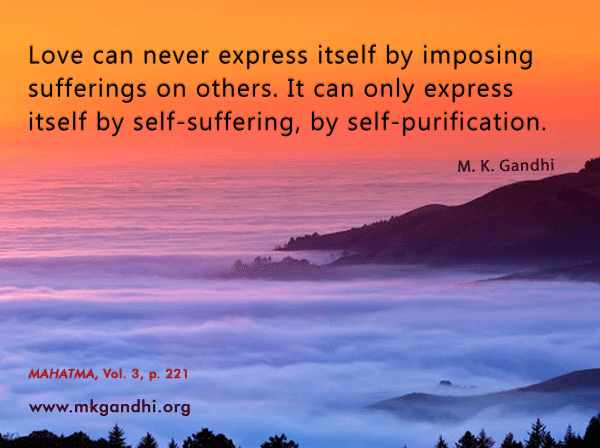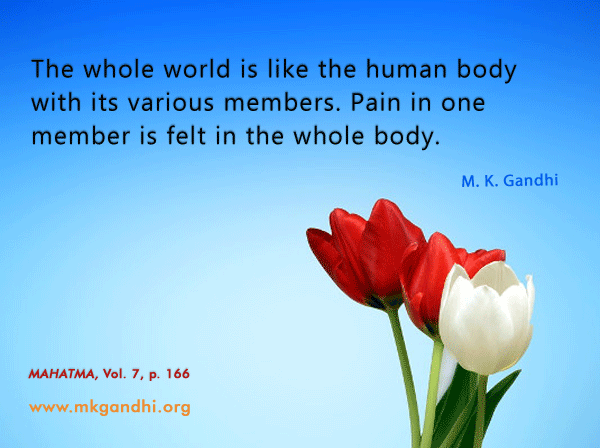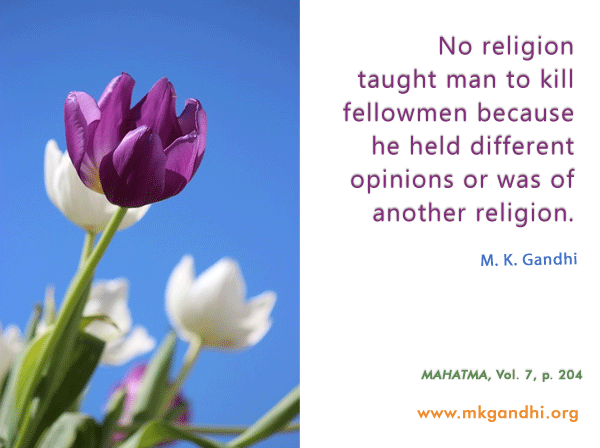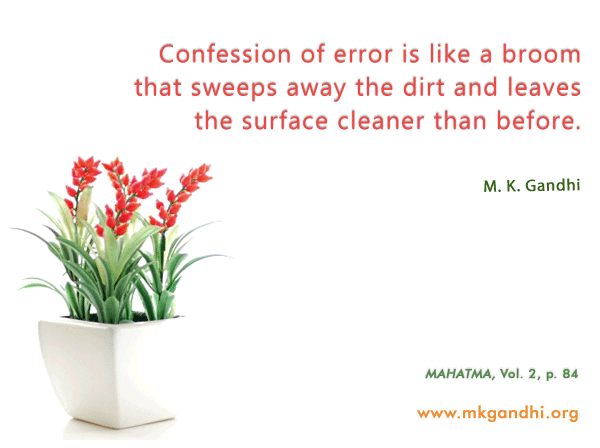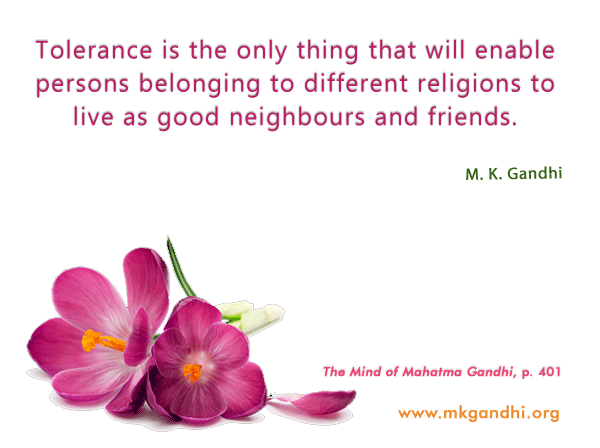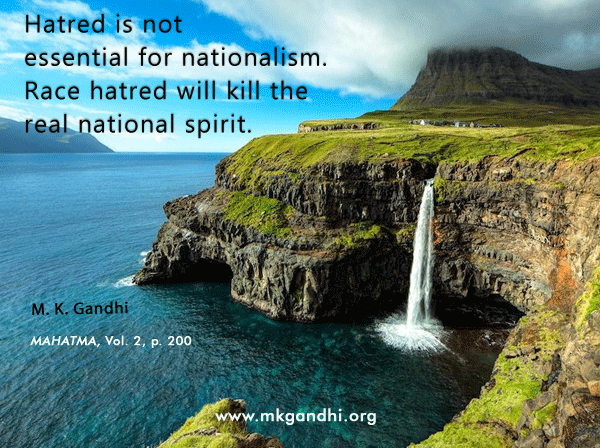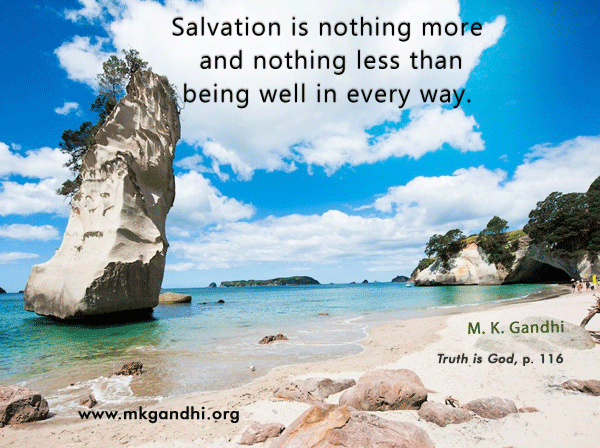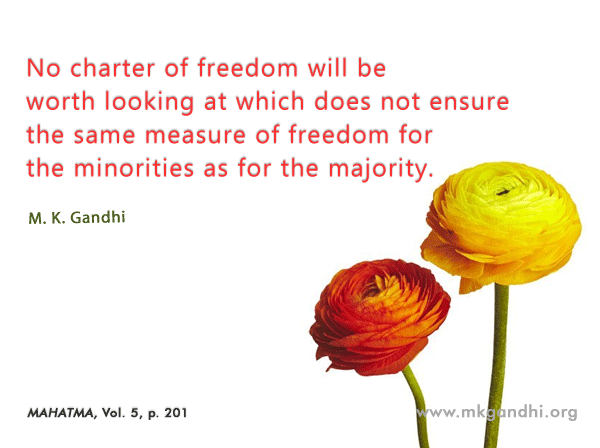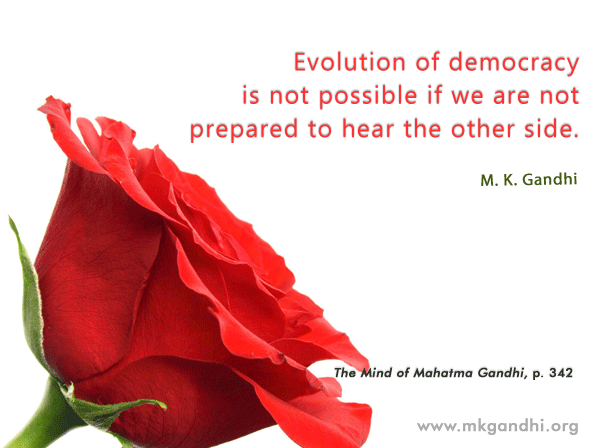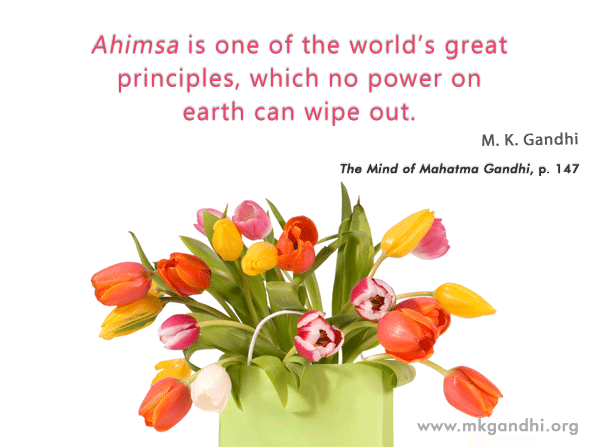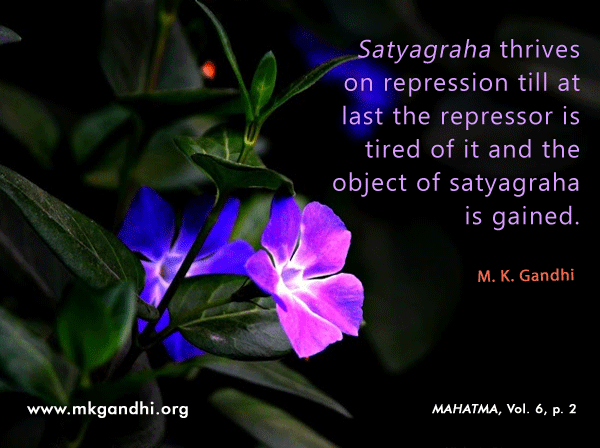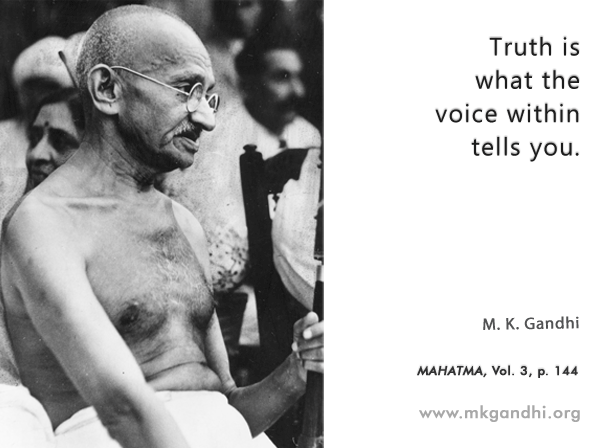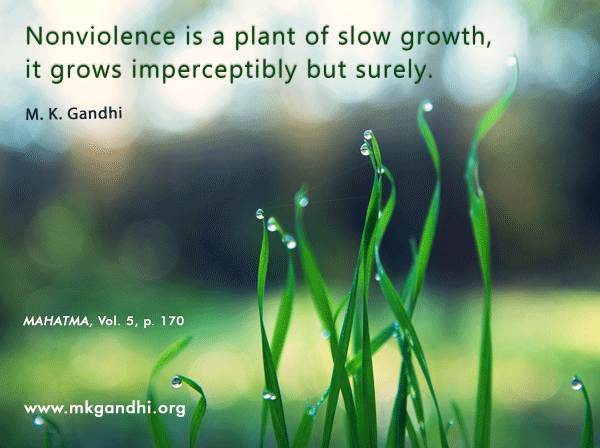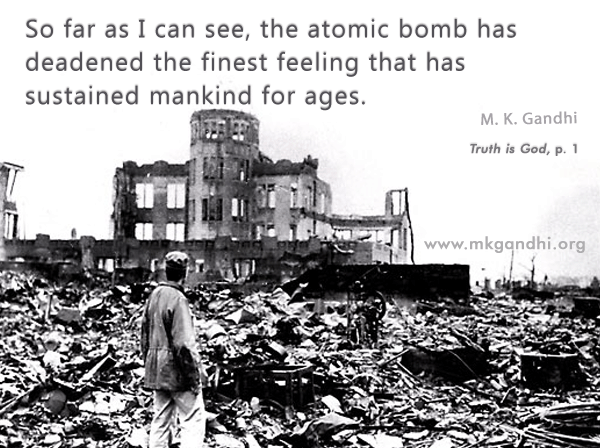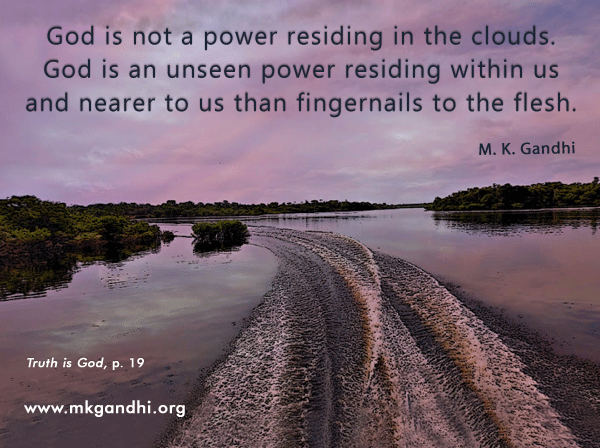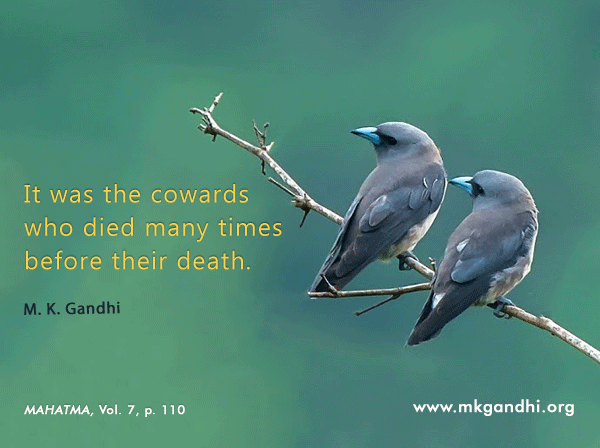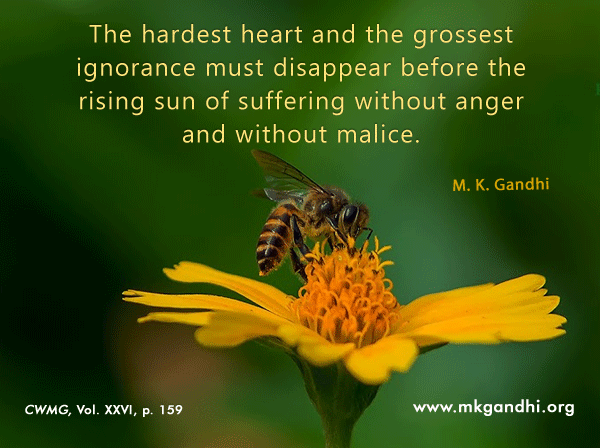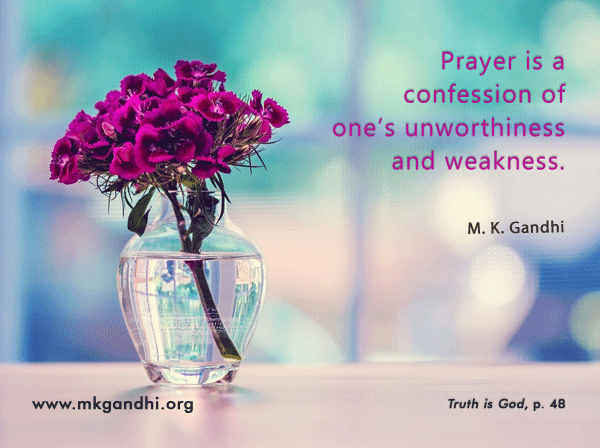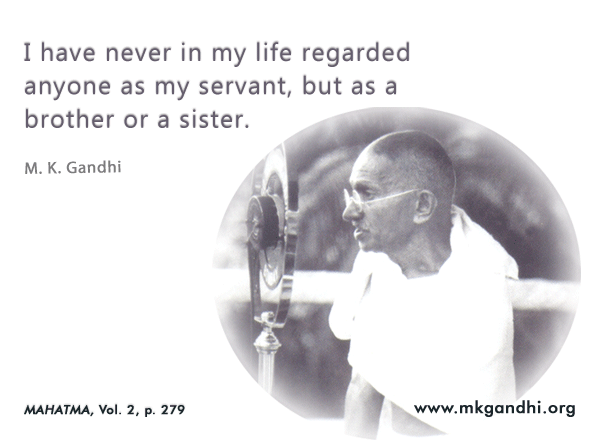Wednesday, August 31, 2016
Monday, August 29, 2016
Sunday, August 28, 2016
Saturday, August 27, 2016
Friday, August 26, 2016
Thursday, August 25, 2016
Wednesday, August 24, 2016
Tuesday, August 23, 2016
Monday, August 22, 2016
Sunday, August 21, 2016
Saturday, August 20, 2016
Friday, August 19, 2016
Gandhi Journal Article-III ( August 2016 ) - Forgiveness and Conflict Resolution
Gandhi Journal Article-III ( August 2016 )
Forgiveness and Conflict Resolution
By John Moolakkattu
Conflict resolution deals with how people resolve their disagreements, often emanating from mutually incompatible goals. Such disagreements entail not only fights, but also negative emotions that persist. The resolution of conflicts through various rational strategies such as negotiations, mediation and facilitation might yield positive outcomes. But conflict resolution focused on the issues that give rise to conflict cannot often address the rupture in human relations that takes place. Failure to deal with this rupture might increase the likelihood of future conflict. Hence forgiveness can play a role in conflict resolution when the parties accept that the conflict is a relational phenomenon and is the result of failed interaction, that both sides have a role in reconstructing the relationships, and in so doing, reconstructing their identities, which results in the restoration of humanity of both. At an interpersonal level forgiveness is seen as a very useful virtue and it has led to the resolution of conflicts between those in intimate relationships such as married couples. But many would have reservations when this idea is applied to address group conflict.
Thursday, August 18, 2016
Wednesday, August 17, 2016
Tuesday, August 16, 2016
Gandhi Journal Article-II ( August 2016 ) - Community of Ark: Hind Swaraj Perspectives in Practice
Gandhi Journal Article-II ( August 2016 )
Community of Ark: Hind Swaraj Perspectives in Practice
By Siby K. Joseph
It is a befitting tribute to Gandhi to reflect on his work Hind Swaraj or Indian Home Rule and its practical applications during its centenary year. One who scrutinises Gandhi's philosophy and methods will see their seeds in his work Hind Swaraj.1 That is why this booklet is often hailed as Gandhi's ‘seminal work'. Though Gandhi wrote this book keeping in mind mainly the Indians, his concept of Swaraj is not confined to the Swaraj of India alone. In fact, the ideas presented in this book constitute the foundation of Gandhi's philosophy of life. It may be said that it is on the foundation of Hind Swaraj that the whole edifice of Gandhi's theory of life is built. The values presented in this booklet are eternal and transcend geographical boundaries. Also, while this booklet is a severe condemnation of modern western civilization and its institutions, it also presents Gandhi's concept of an alternative way of life based on moral values, and spirituality.
Records show that Hind Swaraj gave rise to a lot of controversies. Discussions and debates were aplenty at the theoretical level. It is to be noted that several experiments were also undertaken by people of idealistic orientation to put the Hind Swaraj insights into practice. The Community of Ark in Southern France, for example, is an attempt to apply the Hind Swaraj perspectives on nonviolence as a way of alternative living.
Records show that Hind Swaraj gave rise to a lot of controversies. Discussions and debates were aplenty at the theoretical level. It is to be noted that several experiments were also undertaken by people of idealistic orientation to put the Hind Swaraj insights into practice. The Community of Ark in Southern France, for example, is an attempt to apply the Hind Swaraj perspectives on nonviolence as a way of alternative living.
Monday, August 15, 2016
Sunday, August 14, 2016
Saturday, August 13, 2016
Friday, August 12, 2016
Thursday, August 11, 2016
Wednesday, August 10, 2016
Tuesday, August 9, 2016
Monday, August 8, 2016
Sunday, August 7, 2016
6TH AUGUST - 71ST HIROSHIMA DAY OBSERVED
6TH AUGUST - 71ST HIROSHIMA DAY OBSERVED
"NO MORE HIROSHIMA" - A call for peace and & Nuclear-free World by 1,247 students
“Today, we pledge together with the millions of people all over the world to work tirelessly for the complete elimination of nuclear weapons and all weapons…” Students, graphically depicting the horror of the nuclear weapons, along with 1,247 NSS Volunteers of University of Mumbai and SNDT University, school students, social activists and peace-loving citizens in the city marched for peace and a nuclear-free world from Azad Maidan to Hutatma Chowk today, 6th August, Hiroshima Day. The Peace rally was jointly organized by Bombay Sarvodaya Mandal and NSS Units of SNDT & Mumbai University.
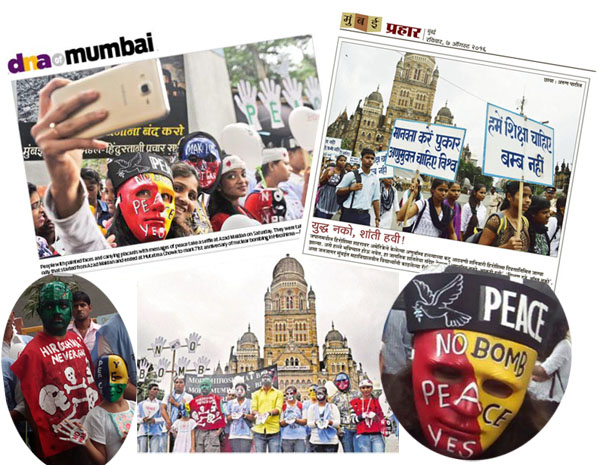
Saturday, August 6, 2016
Friday, August 5, 2016
Thursday, August 4, 2016
Wednesday, August 3, 2016
Gandhi Journal Article - I (August 2016) - Cleanliness-Sanitation : Gandhian Movement and Swachh Bharat Abhiyan
Gandhi Journal Article-I ( August 2016 )
Cleanliness-Sanitation : Gandhian Movement and Swachh Bharat Abhiyan
By Dr. Y. P. Anand
The concept of 'Sanitation' is a comprehensive one including effective management (collection, treatment and disposal/recovery, reuse or recycling) of human waste, solid waste (including biodegradable and non-biodegradable refuse/trash/rubbish), waste water, sewage effluents, industrial wastes, and hazardous (such as hospital, chemical, radioactive, plastic or other dangerous) wastes.
...Mahatma Gandhi had realized early in his life that the prevalent poor state of sanitation and cleanliness in India and particularly the lack of adequate toilets, in the then largely rural India, needed as much attention as was being devoted toward attainment of swaraj. He said that unless we "rid ourselves of our dirty habits and have improved latrines, swaraj can have no value for us." [CW 14:56-58] Along with the struggle for India's independence, he led a continuous struggle for sanitation, cleanliness, and efficient management of all categories of wastes throughout his public life (1893 – 30.1.1948), in South Africa and then in India. He dealt with nearly all aspects of sanitation-technical, economic and its various aspects-personal, domestic and corporate.
This idea of Gandhi to help the poorest of the poor has brought about a peaceful revolution in the world. He has shown a way to this extremely materialistic, acquisitive, narrow-minded and selfish world. Today Gandhi may not be among us, but he manifests himself through many individuals in our society.
...Mahatma Gandhi had realized early in his life that the prevalent poor state of sanitation and cleanliness in India and particularly the lack of adequate toilets, in the then largely rural India, needed as much attention as was being devoted toward attainment of swaraj. He said that unless we "rid ourselves of our dirty habits and have improved latrines, swaraj can have no value for us." [CW 14:56-58] Along with the struggle for India's independence, he led a continuous struggle for sanitation, cleanliness, and efficient management of all categories of wastes throughout his public life (1893 – 30.1.1948), in South Africa and then in India. He dealt with nearly all aspects of sanitation-technical, economic and its various aspects-personal, domestic and corporate.
This idea of Gandhi to help the poorest of the poor has brought about a peaceful revolution in the world. He has shown a way to this extremely materialistic, acquisitive, narrow-minded and selfish world. Today Gandhi may not be among us, but he manifests himself through many individuals in our society.
Tuesday, August 2, 2016
Monday, August 1, 2016
Subscribe to:
Posts (Atom)
